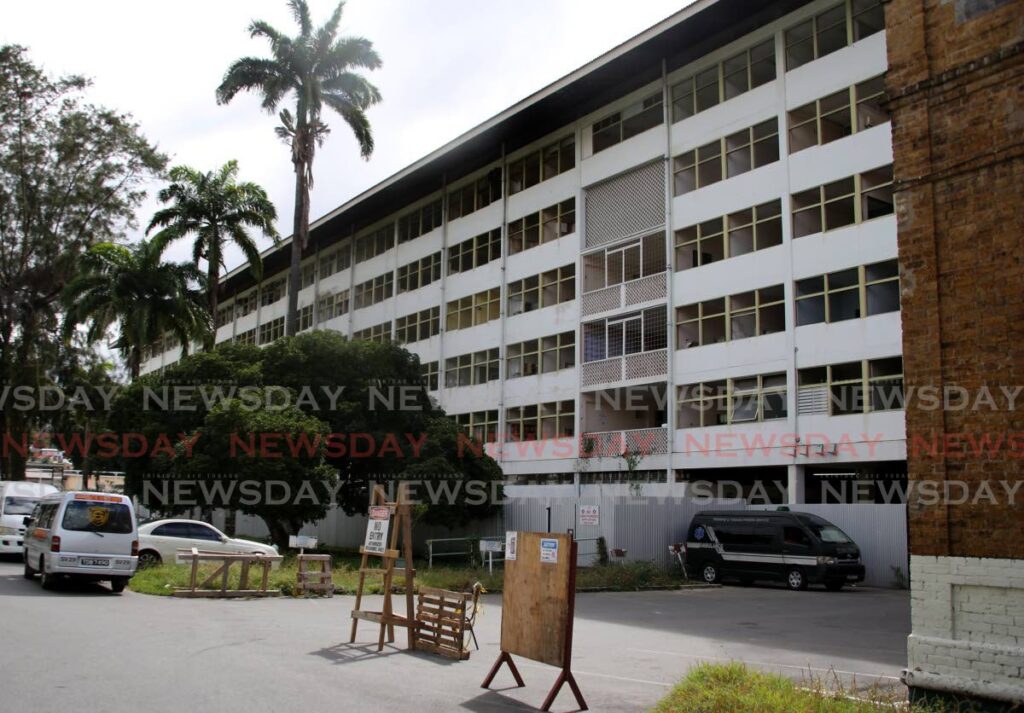A tender issue with public procurement

The issues that have arisen in relation to the tendering system of the Urban Development Corporation of Trinidad and Tobago (Udecott) highlight the sensitive nature of public procurement and the need for all stakeholders to feel confident in whatever systems are adopted.
On Sunday, Oropouche East MP Dr Roodal Moonilal called on Udecott to quash the bidding process for the Port of Spain General Hospital’s central block. He cited reports that while two contractors had submitted bids through an e-tender platform, a third contractor was allowed into the process seemingly after the fact. He cast no aspersions on any party but placed emphasis on the implications of a glitch in the system.
The next day, Udecott stated there was an explanation for the discrepancy. It said after it opened the “e-tender box” on May 20, it made checks of server logs which showed three, not two, receipts were issued.
“Udecott immediately contacted the owner and manager of the e-tender software, the Telecommunications Services of Trinidad and Tobago (TSTT), to explain this discrepancy,” the company said. TSTT said the issue was caused by “a temporary disruption in internet connectivity” on the vendor's end with its service provider.
While Udecott alerted all three companies as to the situation, none of this could have been of comfort to any.
This is more so given that this is a small society in which fears of collusion are stoked by a relatively poor history of legislative oversight. Public procurement laws, when they do get passed, remain stymied through only partial or tokenistic implementation.
Udecott assures there were no amendments to any of the bids and feels its procurement process is consistent with good governance.
But the company cannot be satisfied that it had to take the unusual steps which it took to address the discrepancy or the fact that the discrepancy arose in the first place.
This is especially so given that this $1.1 billion project is already a controversial one with lingering questions over cost price inflation, the role of consultants and the departure of the initial contractor.
No company can have any confidence in online systems that appear susceptible to such glitches or, worse, vulnerable to interference. Such weaknesses can only serve to increase suspicion and, rather unfairly, reduce the credibility of the professionals administering these systems.
Udecott has stated no changes to any of the bids were made. But that is not the full extent of the matter.
Another potential issue is the degree of interaction between Udecott and TSTT in a situation in which contractors may fear there is a perceived risk – however unfounded – of company officials skewering the system in a particular way.
This is not to cast any aspersions on any party but to point to the ways in which even the smallest of errors can open the door to many more questions.
The irony is Udecott might have been better off going the old-fashioned way of having a box in its lobby. Until the e-tender system is buttressed, it may well be advised to revert to that methodology for future bids.


Comments
"A tender issue with public procurement"